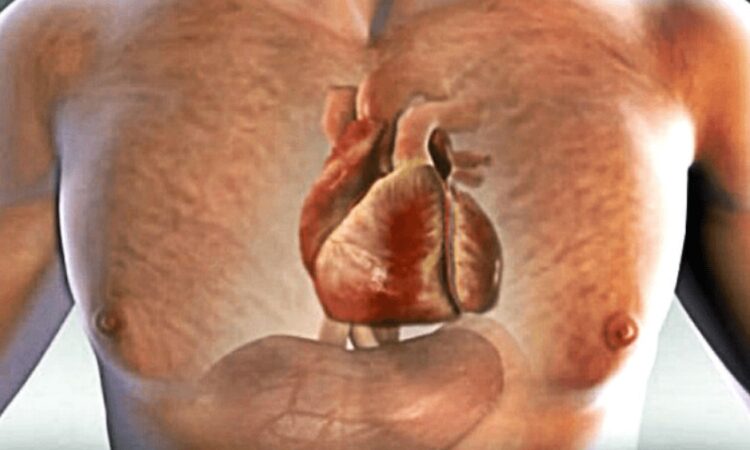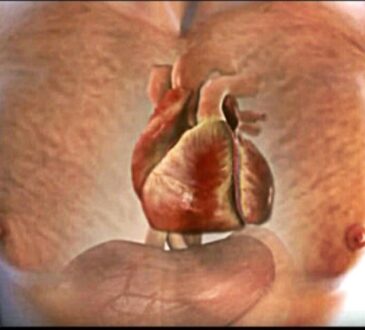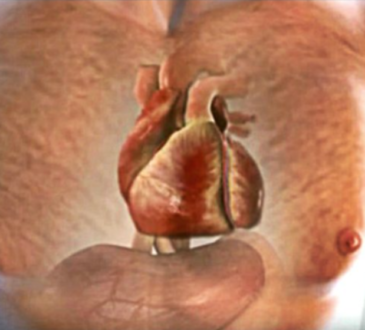
Nowadays, most people lead busy lives and are forced to follow hectic schedules. This can easily cause stress, which later leads to more serious health issues. The food that most Americans consume, fast food, is also a factor that negatively affects the quality of life. A significant number of Americans struggle to maintain a healthy weight, and obesity remains an issue that many face.
One of the consequences of the aforementioned is heart failure or heart attack, which is the number one cause of death in America. According to some research, the body can detect if a heart attack is imminent and sends warning signs.

Sure, here’s a more detailed and simplified explanation of the symptoms associated with potential heart issues: 1. Feeling Very Tired: When you feel extremely tired, sleepy, or lacking energy, it might be a sign of fatigue. This happens when your heart doesn’t get enough blood due to narrowed arteries, which can be linked to heart problems. This lack of blood flow can make you feel tired even when doing simple tasks.
2. Breathing Troubles: Shortness of breath occurs when your body doesn’t get enough oxygen. If you or someone you know experiences difficulty breathing, it’s essential to consult a doctor as it might be a sign of a possible heart attack. This could indicate that your body isn’t getting the oxygen it needs for proper functioning.
3. Sudden Weakness:If you suddenly feel weak without any apparent reason, it could be your body’s way of telling you to slow down and reconsider your lifestyle. Sometimes, unexpected weakness can be a sign of an underlying health issue, including heart-related problems.
4. Feeling Dizzy or Sweating Cold: Dizziness and cold sweats can occur when blood doesn’t circulate well. These symptoms should not be ignored as they might signal poor blood flow, which can be connected to heart problems.
5. Pressure in the Chest: Pressure in the chest is a common sign of a heart attack. This pressure might steadily increase until the heart attack happens. It’s crucial to take this symptom seriously and seek immediate medical attention if you feel unusual pressure, tightness, or discomfort in your chest.
6. Flu or Cold-like Signs: Many people who’ve experienced a heart attack reported having symptoms similar to the flu a few days before the actual heart attack. These symptoms might include fatigue, nausea, shortness of breath, and discomfort in the chest. Recognizing these signs early can be crucial in seeking proper medical care.




